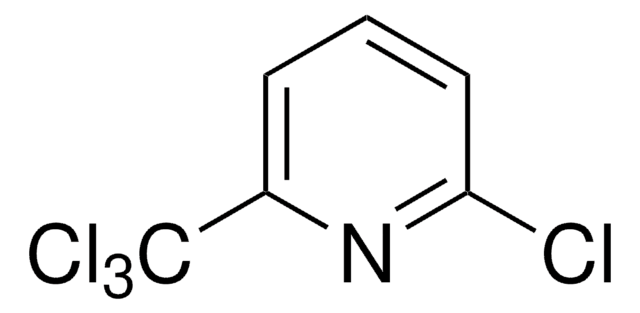N9125
N-(1-Naphthyl)ethylenediamine dihydrochloride
≥98%
Synonym(s):
2-(1-Naphthylamino)ethylamine dihydrochloride
About This Item
Recommended Products
Assay
≥98%
form
powder
mp
194-198 °C (dec.) (lit.)
SMILES string
Cl.Cl.NCCNc1cccc2ccccc12
InChI
1S/C12H14N2.2ClH/c13-8-9-14-12-7-3-5-10-4-1-2-6-11(10)12;;/h1-7,14H,8-9,13H2;2*1H
InChI key
MZNYWPRCVDMOJG-UHFFFAOYSA-N
Looking for similar products? Visit Product Comparison Guide
Related Categories
Application
- N
- -(1-naphthyl)ethylenediamine-substituted cylotriphosphazene derivatives as potential antimicrobial agents.
- Fluorescent chemosensor compound with a naphthyl group as fluorophore and cyclen as metal ion chelator for the detection of Zn(II) in an aqueous solution.
- (N-1-Naphthyl-ethylenediamine)- dichloroplatinum(II) fluorescence complex (λmax = 405 nm).
Signal Word
Warning
Hazard Statements
Precautionary Statements
Hazard Classifications
Eye Irrit. 2 - Skin Irrit. 2
Storage Class Code
11 - Combustible Solids
WGK
WGK 3
Flash Point(F)
Not applicable
Flash Point(C)
Not applicable
Personal Protective Equipment
Certificates of Analysis (COA)
Search for Certificates of Analysis (COA) by entering the products Lot/Batch Number. Lot and Batch Numbers can be found on a product’s label following the words ‘Lot’ or ‘Batch’.
Already Own This Product?
Find documentation for the products that you have recently purchased in the Document Library.
Customers Also Viewed
Our team of scientists has experience in all areas of research including Life Science, Material Science, Chemical Synthesis, Chromatography, Analytical and many others.
Contact Technical Service












